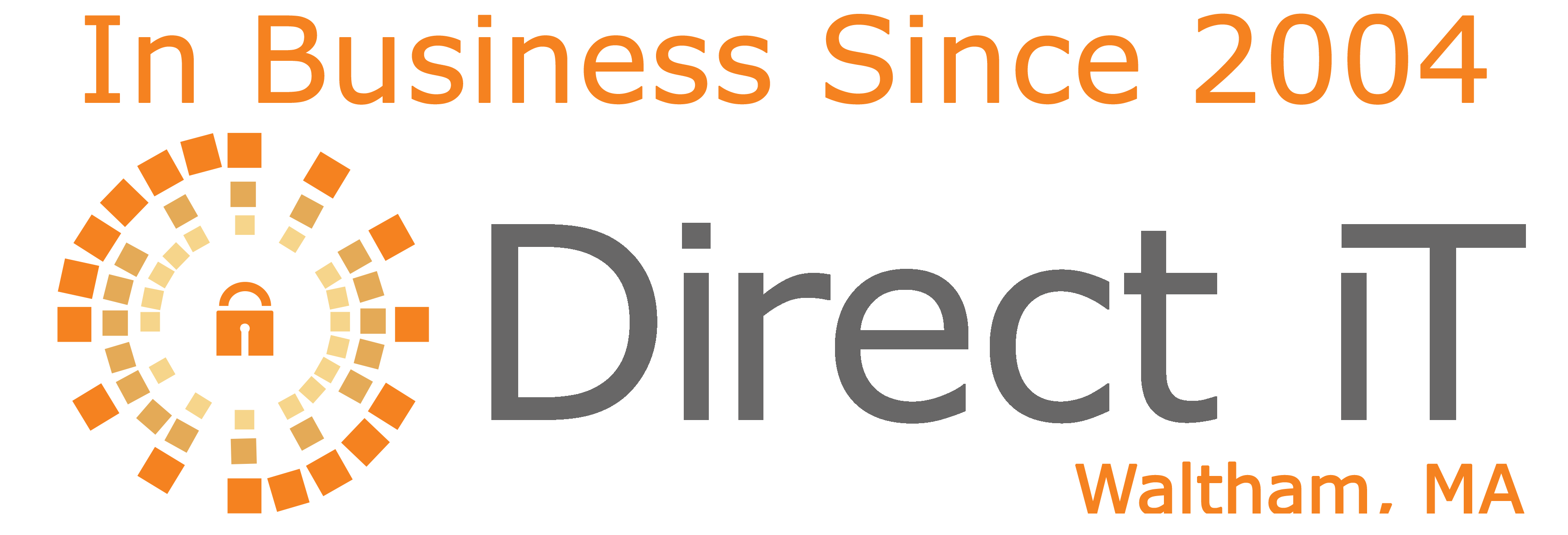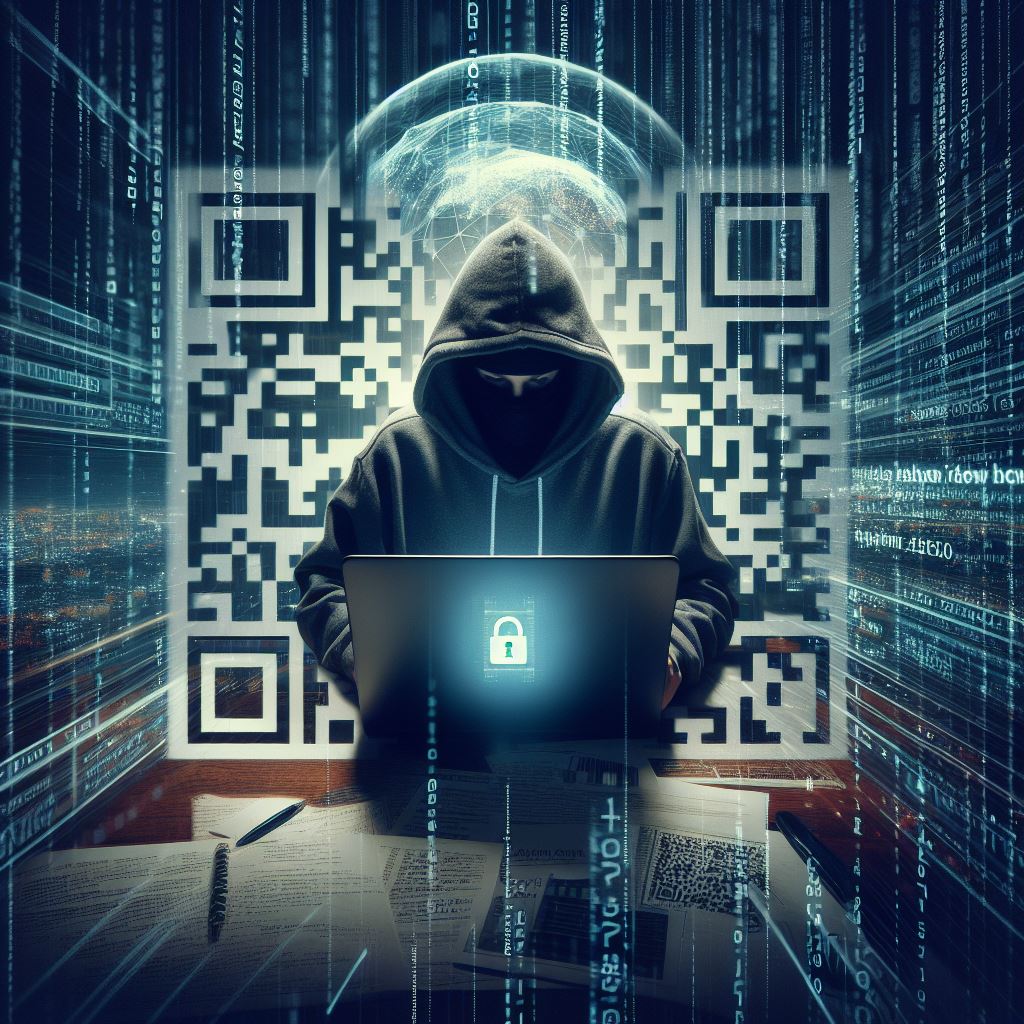Beware of the QR code con artists! That is the message from the Federal Trade Commission (FTC,) which says that scammers are using QR codes to trick you into giving up your personal information. Fake QR codes can fool you by looking like real ones, but they take you to nasty websites or apps.
Threat actors can also stick their codes over real ones, or text or email you QR codes pretending to be someone you trust, like UPS. They may fib about why you need to scan the QR code right away, such as:
- Your package got bounced back and you need to talk to them to set a new date.
- There is a problem with your account, and you need to confirm your details.
- They spotted some weird stuff on your account, and you need to change your password.
They make up these lies to rush you. They hope you will scan the QR code and tap on the URL without thinking twice. You might get sent to a fake site that looks legit but isn't, and if you log into the fake site, the crooks could snatch any information you enter. It could also download malware on your phone that grabs your information before you know it.
You can stay safe from QR code cons by following these tips from the FTC:
- Make sure it's not bogus or wrong — look for typos or mixed-up letters. This goes especially for codes stuck in random places like utility poles or sidewalks.
- Don't scan a QR code from a text or email unless you trust the sender and the reason. If you are not sure, contact the company using the real phone number or website that you normally do.
- Use a QR code scanner app with security features, like checking the URL for nasty stuff or warning you before opening a dodgy link.
- Do not hand out any personal or financial information on a website from a QR code unless you are sure it is safe and real. Look for a lock icon and "https" in the address bar.
- Update your phone's OS to stop hackers and use strong passwords and multi-factor authentication to protect your online accounts.
QR codes can be a handy and effortless way to access digital content but be careful and smart when you scan them.

